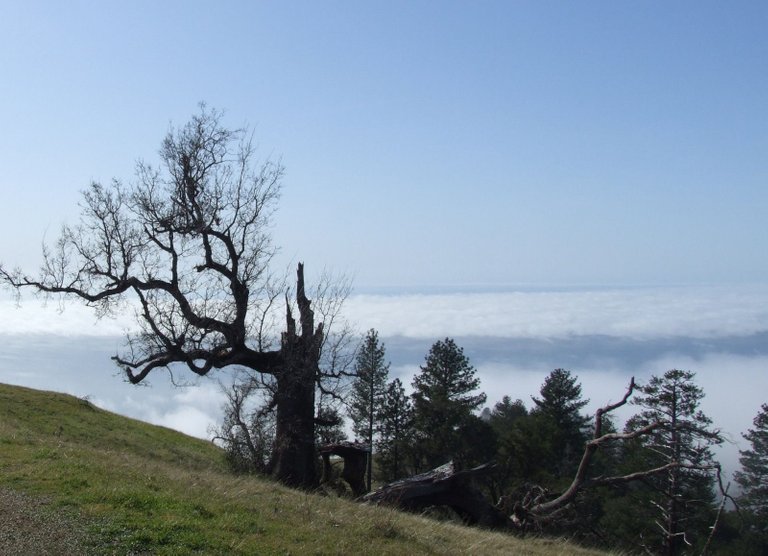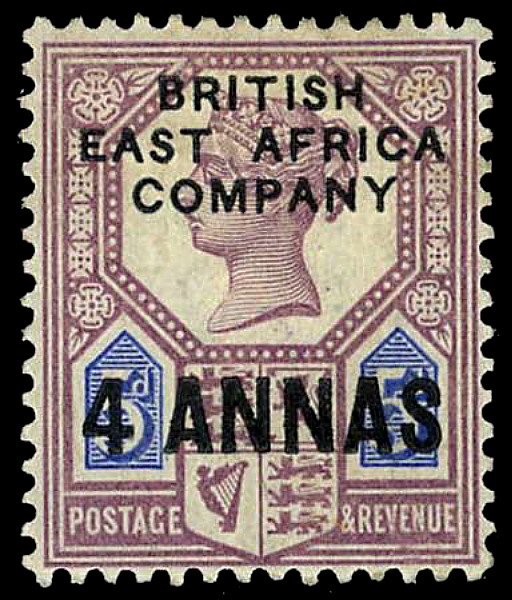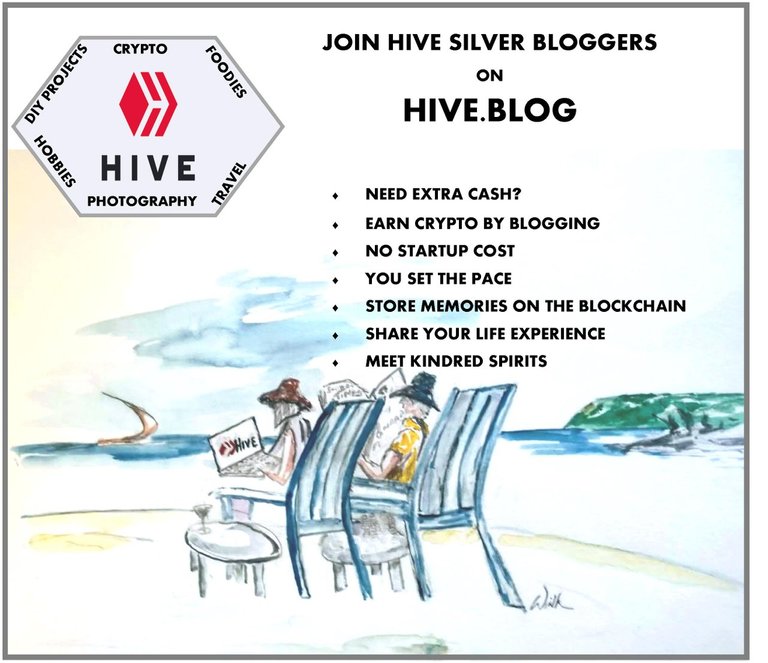Reflection: "Scarcity" Alone is not Enough to Make Something Valuable
Many years ago, I very briefly was the owner of some old collectible postage stamps that were extremely rare.
Issued locally in a former British colony in Africa, they were basically stamps of Great Britain that the local administration took to the only printer in town (aka "the Newspaper") and had typographically overprinted with the name of the colony, and denomination in the local currency.

As a result, only a total of 1440 examples of the one penny and two penny stamps, and 720 examples of the five penny stamp came into being.

One of those "very rare" stamps
Even using the most conservative interpretation of the term, in the world of stamp collecting that few examples of any given postage stamp qualifies it as ”incredibly rare,” given that we are not talking about something with a major mistake, like an upside-down airplane.
Consequently, we might be given to think that these stamps would trade for the King's ransom.
However, they don't. Whereas they are not exactly cheap, they also surpassed in price by thousands of other stamps of the era.
You might be given to wondering why, and the answer serves as an object lesson in the fact that scarcity alone it's not enough to make something desirable and valuable.
How so?
Well, these particular stamps are so far off the beaten track of popular stamp collecting (and in some ways serve as little more than a historical footnote) that whereas they are extremely scarce, essentially almost nobody cares that they exist.
As a further illustration of this point, I'm quite familiar with stamp issues of which there were perhaps 1000 times more copies created that are far more valuable because they happen to be from collecting areas that are very popular and thus are in high demand.

The Whole "Scarcity" Issue...
So why am I bringing this up right now?
Lately, I have been contemplating the whole NFT craze (which I have personally given a "hard pass," to date), along with the obvious excitement that seems to follow the entire concept of ”digital scarcity.”
Meanwhile, I also find myself thinking about the plethora of cryptocurrencies that are being issued, some of which are now touting as their primary point of differentiation the fact that ”very few of these are going to be issued.”
It almost feels like they are capitalizing on going the opposite direction from highly inflationary "meme coins" that get released quantities reaching untold quintillions of tokens... trading at $0.0000000001 each.
That's all fine and good, but ultimately "scarcity" doesn't amount to a hill of beans unless what you have to offer is perceived as desirable to people... because scarcity alone really doesn't have a leg to stand on.
Now, I may not be an expert on NFTs or cryptocurrencies, but I have been deeply entrenched in various "collectibles" fields for a good 40+ years, and so have developed a pretty keen understanding of the psychology and market forces that drive such concepts as "scarcity" as market valuation forces.
And you have to be able to back up that scarcity/uniqueness with something substantive... or you just have a pile of clay bricks, rather than a pile of gold bricks.
And clay bricks just aren't worth very much once the hype dies down... even in a "limited edition" of 100!
Thanks for reading, and have a great remainder of your week!
How about YOU? What are your thoughts on "scarcity" and value? How do you feel about the somewhat crazy world of NFTs? Comments, feedback and other interaction is invited and welcomed! Because — after all — SOCIAL content is about interacting, right? Leave a comment — share your experiences — be part of the conversation!

Greetings bloggers and social content creators! This article was created via PeakD, a blogging application that's part of the Hive Social Content Experience. If you're a blogger, writer, poet, artist, vlogger, musician or other creative content wizard, come join us! Hive is a little "different" because it's not run by a "company;" it operates via the consensus of its users and your content can't be banned, censored, taken down or demonetized. And that COUNTS for something, in these uncertain times! So if you're ready for the next generation of social content where YOU retain ownership and control, come by and learn about Hive and make an account!


(As usual, all text and images by the author, unless otherwise credited. This is original content, created expressly and uniquely for this platform — NOT cross posted anywhere else!)
Created at 20220329 23:22 PDT
0535/1781

I, for one, am intrigued by your stamps.
When were they printed?
I agree that the value is not found in the scarcity. The value is usually found in the story behind the collectible.
Unfortunately, the biggest component in the value of an item is the group interested in collecting the item.
The thing I find interesting about these stamps is that they bear the name of a company: The British East Africa Company.
This appears to be a royally chartered company that mucked in the politics of East Africa. I would suspect that if a notable collector bought up the stamps and wrote up a compelling history of the area, that the stamps would increase in value.
As for the NFTs ... very few NFTs have notable stories. Most NFTs are being produced by rogues who hope to dump computer images on a naive public.
!WINE
Congratulations, @yintercept You Successfully Shared 0.100 WINEX With @denmarkguy.
You Earned 0.100 WINEX As Curation Reward.
You Utilized 1/1 Successful Calls.
Contact Us : WINEX Token Discord Channel
WINEX Current Market Price : 0.300
Swap Your Hive <=> Swap.Hive With Industry Lowest Fee (0.1%) : Click This Link
Read Latest Updates Or Contact Us
Your content has been voted as a part of Encouragement program. Keep up the good work!
Use Ecency daily to boost your growth on platform!
Support Ecency
Vote for new Proposal
Delegate HP and earn more
Econ 101: the supply/demand curve has two variables. Low demand means low market price regardless of supply. I really hate the NFT FOMO hype, but think the real useful applications have yet to be discovered.